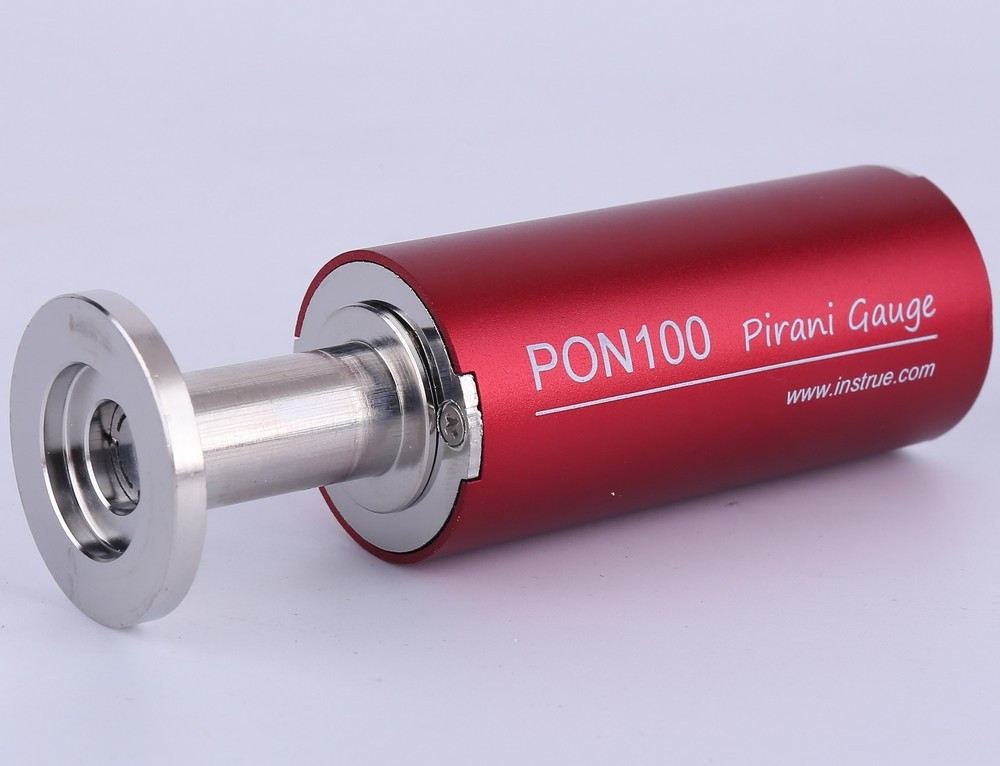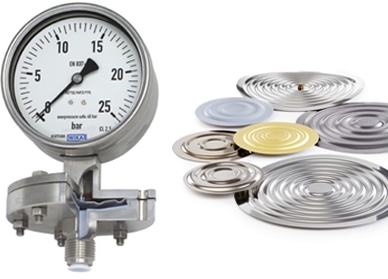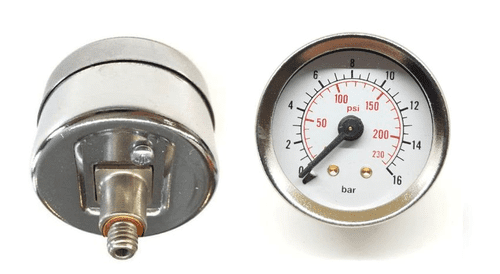Tag: Pressure gauge

Understanding strain gauge
It converts force, pressure, tension, weight, etc. into a change in electrical resistance that is then measured. A strain gauge is a sensor whose resistance varies with applied force. Stress and strain happen when outside forces are applied to a stationary item. Stress and strain are terms used to describe opposing internal forces within an…

Understanding Pirani Gauge
The Pirani gauge is a reliable thermal conductivity gauge that is used to monitor pressures in vacuum systems. Marcello Pirani came up with the idea in 1906. By effectively using a resistance thermometer as the heated element, the Pirani gauge eliminates the use of a thermocouple to detect temperature (as in the thermocouple gauge). In…

Understanding Diaphragm Pressure Gauge
A diaphragm is a material that is elastic and will displace if pressure is applied to it. The elastic property of the diaphragm will be used to determine the difference between the reference and unknown pressures in this sort of pressure gauge. The bourdon gauge’s functioning principle is the same as this device. The main…

Understanding Bourdon Pressure Gauge
Just like other types of pressure gauges, the Bourdon pressure gauge is used to measure pressure. The Bourdon-tube gauge, which was invented in 1850, is still one of the most extensively used instruments for measuring the pressure of various types of liquids and gases, including steam, water, and air up to 100,000 pounds per square…

Understanding Pressure Gauge
A pressure gauge is a device that measures the amount of fluid in a container. Pressure gauges are necessary for setting up and regulating fluid power equipment, as well as troubleshooting them. Fluid power systems would be unpredictable and unreliable without pressure gauges. Gauges verify that there are no leaks or pressure variations that could…




